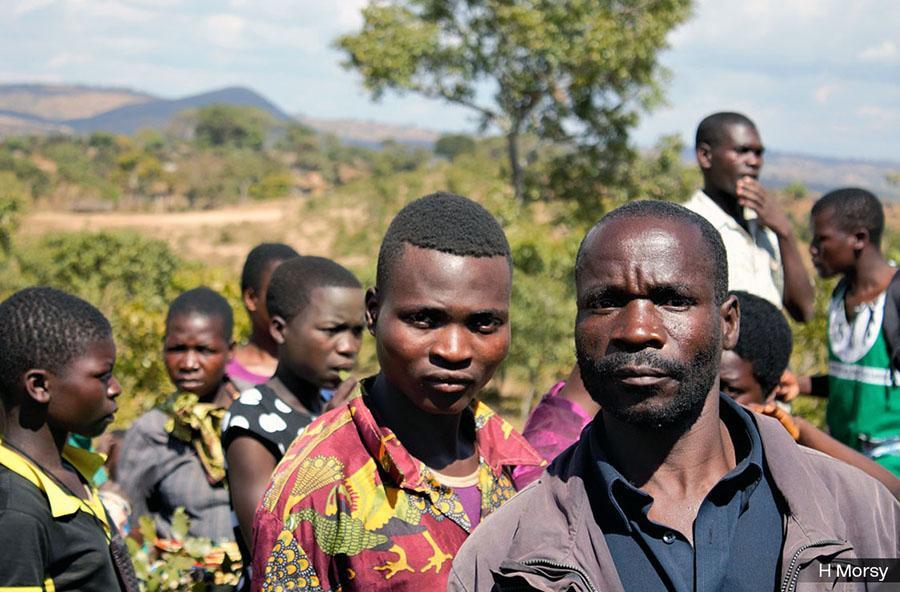
In Africa, tectonic movements of liberation and decolonization are again being felt. In the African Sahel, Burkina Faso, Mali, Niger, Chad and Senegal have expelled France permanently.
On the continent, the pan–Africanist agenda of the 1960s is being revived. In November 2024, the historic “Conference in Solidarity with the Peoples of the Sahel” was held in Niger, organized by the Pan African Secretariat (PAT) and the Organization of the Peoples of West Africa (WAPO), under the slogan: “For anti–imperialist unity, peace and friendship among peoples.” PAT and WAPO are two great engines driving the pan–African liberation project.
It is placed on the agenda in the revolutionary and national liberation movements of the world, calling us to a dialogue and coordination with this African libertarian reality.
Malcolm X, on his trip to Africa (1964) having renounced the Nation of Islam, which preached black nationalism, discovered affinities and identities with revolutionary leaders, some of whom were not black, such as Ahmed Ben Bella of Algeria and Gamal Abdel Nasser of Egypt. By finding deeper identities with African revolutionary leaders, and not just with Black Africa, he further sharpened contradictions with the Nation of Islam leadership, especially Elijah Muhammed.
Then Malcolm X would profess his identity and admiration for revolutionary leaders of Our America, such as Fidel Castro and Ché Guevara, questioning whether the strategic thing was “being black” or “being revolutionary.”
This dilemma persists today for the Afro–Colombian movement, a powerful force for emancipation and transformation in Colombia, which has managed to significantly influence the nation’s political agenda. Certainly, the project of emancipation in America is inconceivable and becomes unviable without black and indigenous liberation. That is why we should turn our gaze to Africa.
However, on France’s two visits to Africa, he failed to engage in dialogue with the ongoing African liberation organizations and processes. In Ghana he met with the president who openly promotes the conspiracy against the countries of the African Sahel. He also appeared at a press conference with an Ashanti chieftain, notorious in Ghana for his corruption and starring in politics. Socialist revolutionaries in Ghana watched with sadness that a black leader from Latin America, from a left–wing party, showed no affinity with the African left.
Black identity and the struggle against structural racism is and has been a key point in the unity building of the African American diaspora. It has been a 500-year struggle, fraught with unimaginable sacrifice and suffering. Black identity against the systemic racism of the white and mixed world is legitimate and necessary.
The difficulty lies in the fact that black identity is not the epicenter of the liberation project in Africa, but the decolonization, the confrontation with imperialism and the revolutionary transformation of its societies.Africa is not a monolithic continent; there are pro–imperialists and anti–imperialists, as well as left and right; also exploitative bourgeois and exploited workers. These factors are decisive in the African liberation struggle.
At COP 16, held in November 2024 in Cali, there was a clear misunderstanding between the Afro–Colombian movement and the delegates from African countries, precisely for that reason: black identity is not decisive in the African struggle, as it is taken in the struggles of our America.
Here emerges the debate and tensions that have existed between identity struggles and revolutionary struggles, where the latter focus on class identity, between exploited versus exploiter.
The unity of class and the unity of identity need not quarrel, for there are multiple points of encounter. The meeting of the two in a strategic project of emancipation is vital to achieve the revolutionary transformation we desire.
The black and the Indian in the Petro government are interesting topics for a current debate.
Comandante Antonio García
Source: ELN Voces